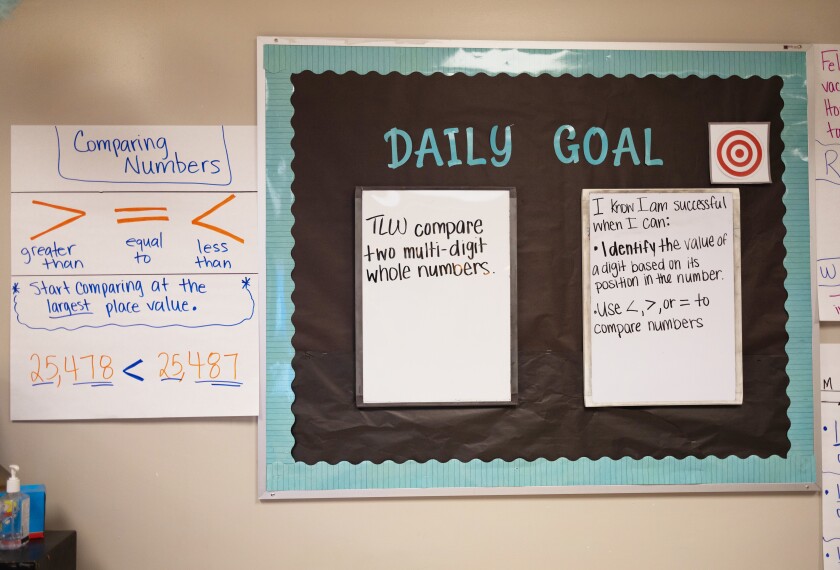Low-income students who received vouchers to attend private schools in the nation’s capital scored significantly lower on math tests than their peers, finds the most recent congressionally mandated evaluation of the D.C. Opportunity Scholarship Program, the only federally funded voucher program in the nation.
Although the District of Columbia’s voucher program is among the smallest in the country, the findings are noteworthy insomuch as vouchers are among the favored policies of U.S. Secretary of Education Betsy DeVos, who continues to push for more federally funded private school choice programs.
The analysis released last week by the U.S. Department of Education found that two years into the program, students who received tuition assistance to attend private schools showed statistically significant weaker gains in math when compared with students who didn’t receive vouchers. The difference in reading scores was not statistically significant.
Several caveats are noted for the study. For example, although all students were required to take a nationally normed test in math and reading when they applied for the program, subsequent testing for the evaluation was voluntary. Findings from the report are based on the 71 percent of students who opted to take the tests.




